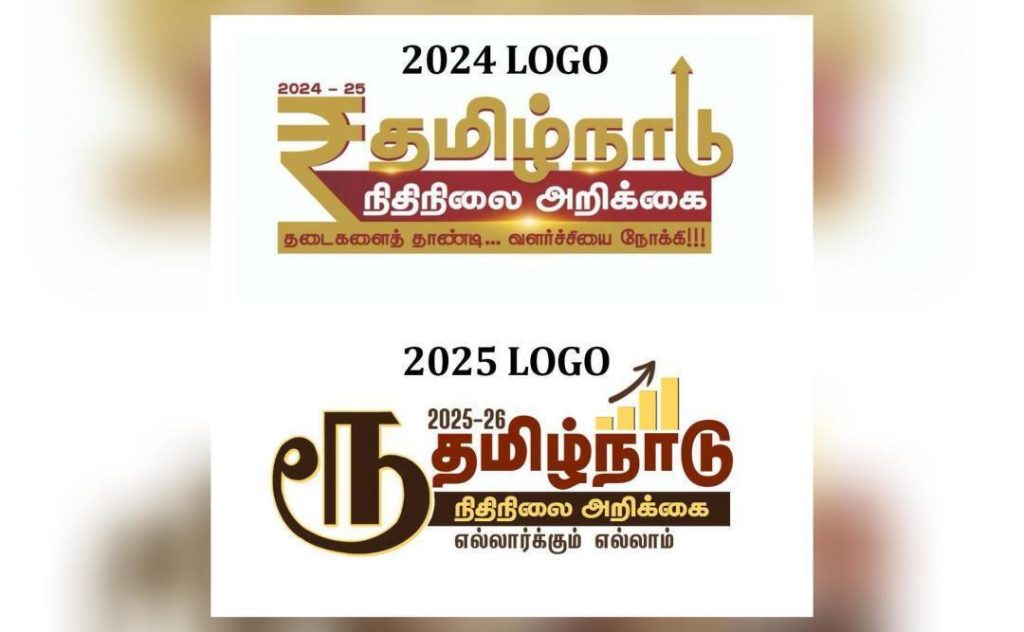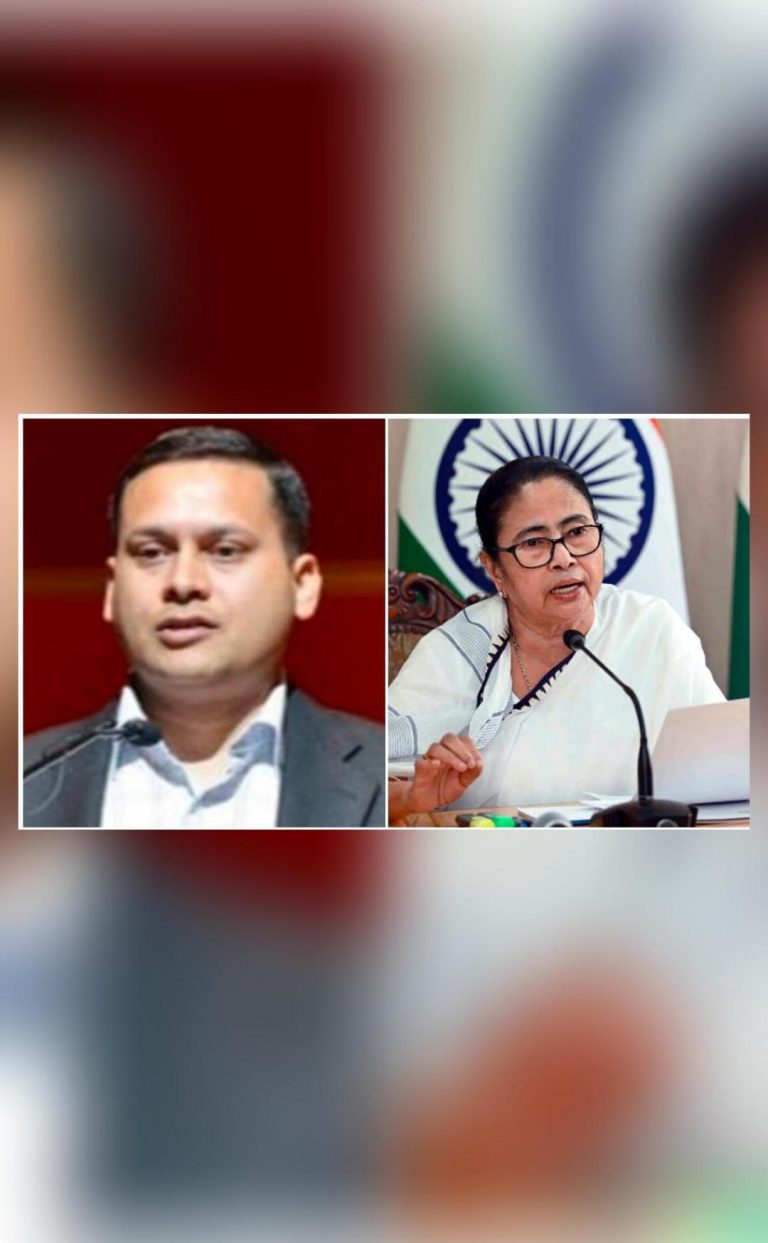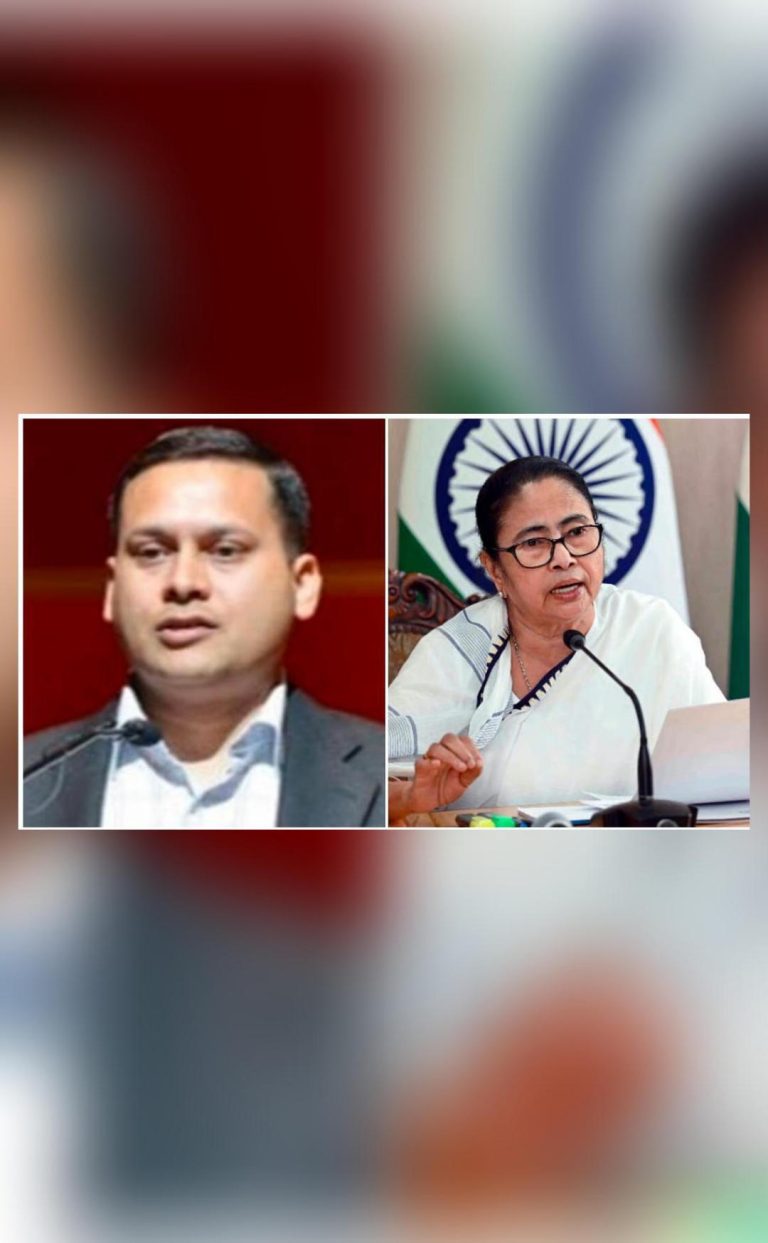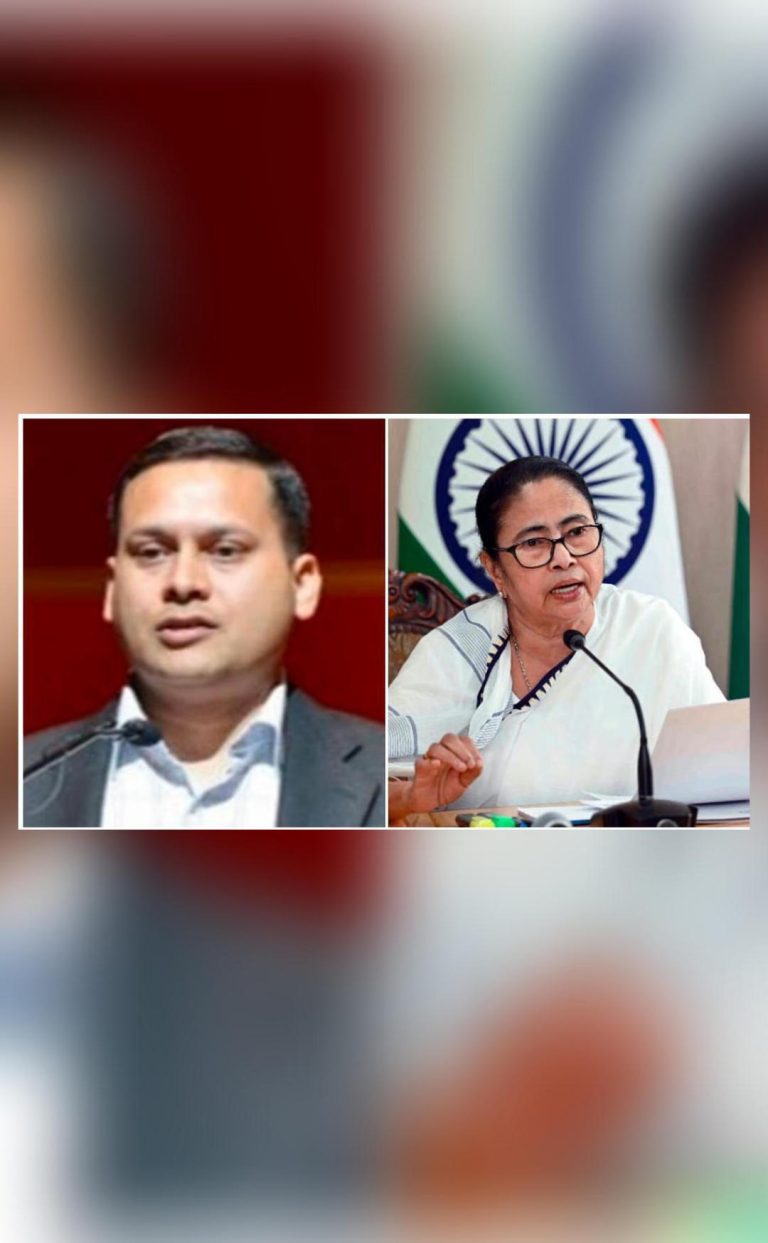
There’s nothing illegal: DMK on changing ₹ symbol on state Budget
The Dravida Munnetra Kazhagam (DMK) has been in the eye of a storm recently after it decided to replace the official rupee symbol ‘₹’ with the Tamil letter ‘ரு’ (Ru) in the state budget of Tamil Nadu. The move has been widely criticized by various quarters, with many terming it as a step towards linguistic separatism. However, the DMK has defended its decision, saying that there is nothing illegal about it.
“We’ve put the Tamil word for Rupees. This is not a showdown, there’s nothing illegal about it,” said Saravanan Annadurai, a senior DMK leader. “We’ll prioritise Tamil, that is why the government went ahead with this,” he added.
The decision to replace the official rupee symbol with a Tamil letter has been made by the DMK government in a bid to promote the use of the Tamil language. The party has been advocating for the use of Tamil as the official language of the state and has been implementing various measures to promote its use.
The move has been seen as a way to assert the cultural and linguistic identity of the state and its people. The DMK has been criticized for its decision, with many saying that it is a step towards linguistic separatism. However, the party has defended its decision, saying that it is a move to promote the use of the Tamil language and to assert the cultural identity of the state.
The use of the Tamil letter ‘ரு’ (Ru) as the official rupee symbol has been seen as a way to promote the use of the Tamil language and to assert the cultural identity of the state. The DMK has been advocating for the use of Tamil as the official language of the state and has been implementing various measures to promote its use.
The decision to replace the official rupee symbol with a Tamil letter has been made by the DMK government in a bid to promote the use of the Tamil language. The party has been criticized for its decision, with many saying that it is a step towards linguistic separatism. However, the party has defended its decision, saying that it is a move to promote the use of the Tamil language and to assert the cultural identity of the state.
The use of the Tamil letter ‘ரு’ (Ru) as the official rupee symbol has been seen as a way to promote the use of the Tamil language and to assert the cultural identity of the state. The DMK has been advocating for the use of Tamil as the official language of the state and has been implementing various measures to promote its use.
The decision to replace the official rupee symbol with a Tamil letter has been made by the DMK government in a bid to promote the use of the Tamil language. The party has been criticized for its decision, with many saying that it is a step towards linguistic separatism. However, the party has defended its decision, saying that it is a move to promote the use of the Tamil language and to assert the cultural identity of the state.
The use of the Tamil letter ‘ரு’ (Ru) as the official rupee symbol has been seen as a way to promote the use of the Tamil language and to assert the cultural identity of the state. The DMK has been advocating for the use of Tamil as the official language of the state and has been implementing various measures to promote its use.
It is worth noting that the DMK has been advocating for the use of Tamil as the official language of the state and has been implementing various measures to promote its use. The party has been criticized for its decision, with many saying that it is a step towards linguistic separatism. However, the party has defended its decision, saying that it is a move to promote the use of the Tamil language and to assert the cultural identity of the state.
In conclusion, the DMK has defended its decision to replace the official rupee symbol with a Tamil letter, saying that there is nothing illegal about it. The party has been advocating for the use of Tamil as the official language of the state and has been implementing various measures to promote its use. The decision has been seen as a way to promote the use of the Tamil language and to assert the cultural identity of the state.





